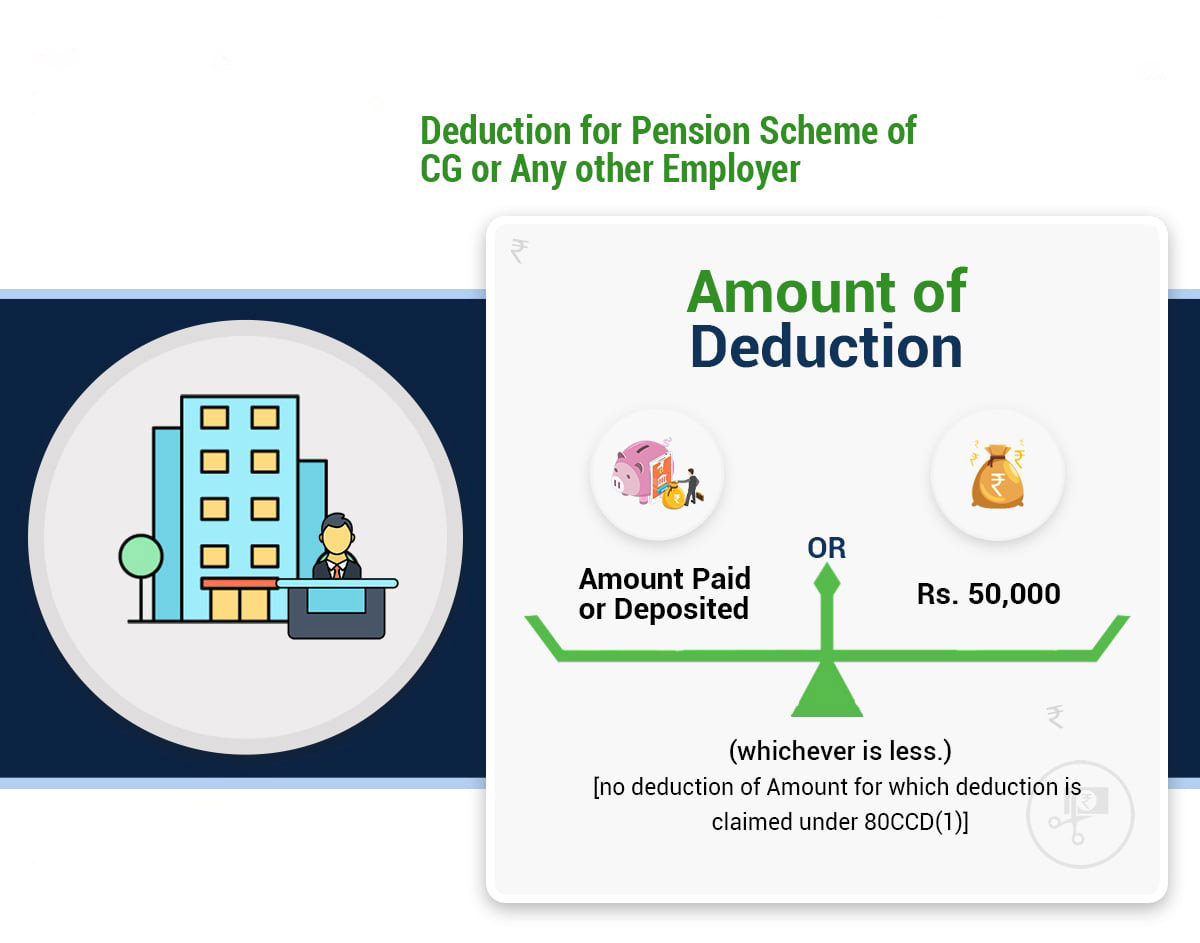Home>Finance>Discouraged Worker: Definition, Causes, Vs. Unemployed


Finance
Discouraged Worker: Definition, Causes, Vs. Unemployed
Published: November 12, 2023
Looking for the meaning of a discouraged worker in the finance field? Learn about the definition, causes, and how it differs from being unemployed in our comprehensive guide.
(Many of the links in this article redirect to a specific reviewed product. Your purchase of these products through affiliate links helps to generate commission for LiveWell, at no extra cost. Learn more)
Welcome to our Finance Blog: Exploring the Discouraged Worker Phenomenon
Have you ever heard of the term “discouraged worker”? If not, don’t worry – you’re not alone. In the realm of finance, understanding all the different aspects of the job market is crucial, and the discouraged worker phenomenon is no exception. In this blog post, we will dive into what discouraged workers are, the causes behind their discouraged state, and how they differ from the unemployed. So, let’s grab a cup of coffee and explore this intriguing topic together!
Key Takeaways:
- Discouraged workers are individuals who have given up searching for employment, often due to a belief that no suitable job opportunities are available.
- Causes of discouragement may include repeated job rejections, long-term unemployment, lack of necessary skills, or chronically challenging economic conditions.
Defining Discouraged Workers
Discouraged workers are a subset of the labor force who have become detached from the job market due to despair and frustration. These individuals have lost hope in finding suitable employment and have consequently stopped actively looking for work. The term “discouraged” emphasizes the emotional toll caused by prolonged unemployment and the perception of little or no prospects for job opportunities.
It is important to note that discouraged workers are different from the unemployed. While both groups are without jobs, discouraged workers have given up searching for work entirely, while unemployed individuals are actively seeking new employment opportunities. This crucial distinction helps policymakers and economists gain a deeper understanding of the challenges faced by those who have become discouraged.
Causes of Discouragement
Many factors can contribute to an individual becoming a discouraged worker. Some common causes of discouragement include:
- Repeated Job Rejections: After facing multiple rejections in their job search, individuals may lose confidence and feel discouraged about their ability to secure employment.
- Long-term Unemployment: Lengthy periods of joblessness can lead to despair, making individuals more likely to give up searching for work.
- Lack of Necessary Skills: In today’s fast-paced job market, individuals may feel overwhelmed by the demand for specific skills or qualifications, leading them to believe they are ill-equipped for available job opportunities.
- Challenging Economic Conditions: During times of economic downturn, job scarcity can increase the number of discouraged workers as individuals become convinced that there are no viable employment options.
The Impact and Addressing the Discouraged Worker Phenomenon
The discouraged worker phenomenon can have far-reaching consequences for both individuals and the broader economy. From an individual perspective, constant joblessness can lead to financial difficulties, reduced self-esteem, and even mental health issues. On a larger scale, it can result in decreased productivity and lower economic growth.
In order to address this issue, policymakers need to focus on creating an environment that promotes job creation, provides skill development opportunities, and offers support systems for those facing long-term unemployment. By addressing these underlying causes, it is possible to rekindle hope and reintegrate discouraged workers into the labor market.
Conclusion
The discouraged worker phenomenon is an often overlooked aspect of the job market, but it has a significant impact on both individuals and the economy as a whole. By understanding what discouraged workers are, the reasons behind their discouragement, and how they differ from the unemployed, we can strive to find solutions and create a more inclusive and robust labor market.














